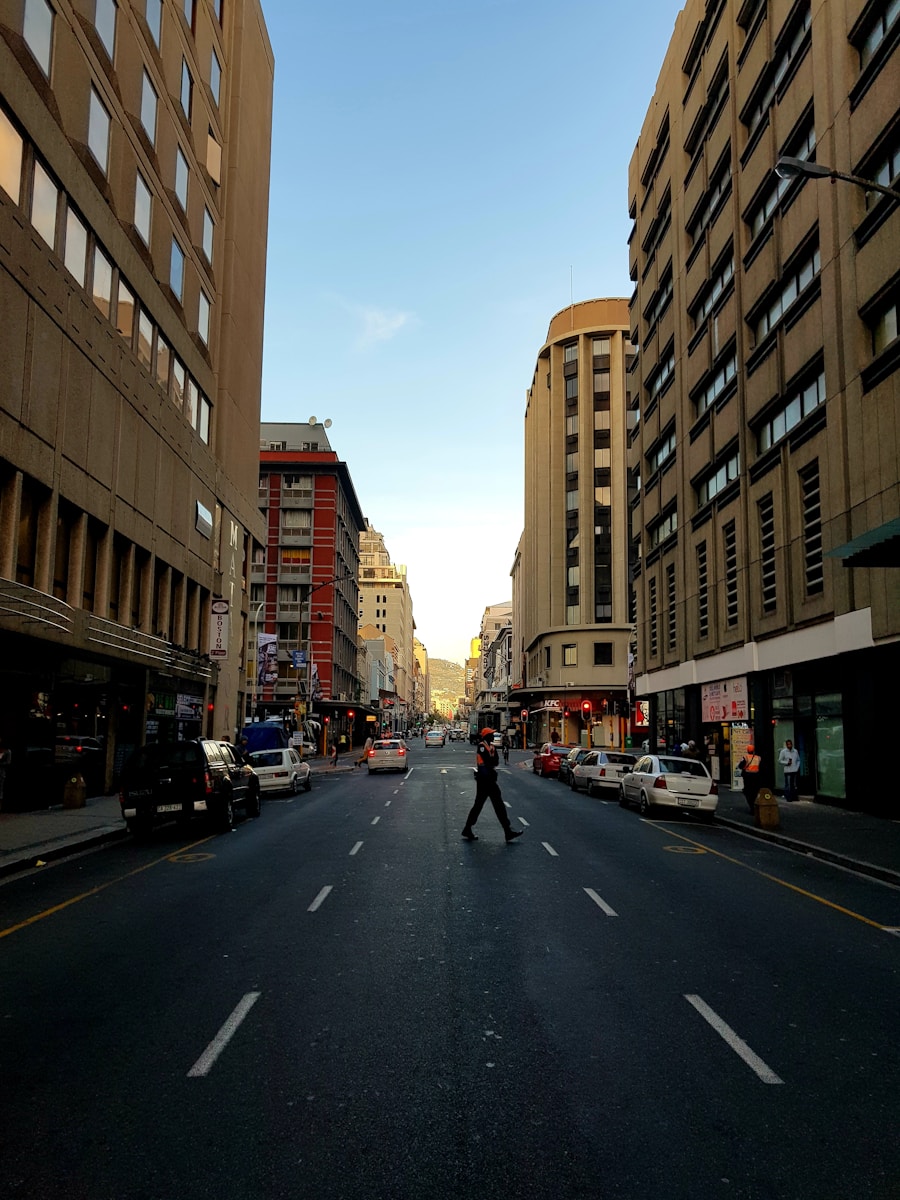
South Africa crime has become one of the most pressing issues facing the nation today. Behind the natural beauty and cultural diversity lies a troubling reality of violence and insecurity. In this article, we uncover seven shocking truths that shed light on the depth of the crisis and explain why no one can afford to ignore it anymore.
When examining international crime statistics, South Africa crime consistently ranks at alarming levels. With violent crimes such as armed robbery, carjacking, and home invasions occurring at a higher rate than many other countries, the data paints a troubling picture. These figures highlight systemic challenges that go beyond mere policing, revealing deep-rooted social and economic problems fueling the crisis.
Another shocking reality of South Africa crime is the dominance of organized gangs. In cities like Johannesburg and Cape Town, powerful groups run illicit businesses ranging from drug trafficking to extortion. Their influence not only increases the levels of violence but also undermines trust in law enforcement, leaving communities vulnerable and fearful.
The connection between economic disparity and South Africa crime cannot be overlooked. Vast income gaps, coupled with high unemployment rates, create fertile ground for criminal activity. Many individuals, especially the youth, are drawn into illegal enterprises as a means of survival. According to the United Nations Office on Drugs and Crime, poverty-driven crime is one of the primary challenges that governments must tackle to ensure long-term stability.4. Corruption Weakens Law Enforcement
One of the less visible yet devastating aspects of South Africa crime is the widespread corruption within certain layers of law enforcement. Reports have shown cases of bribery, police misconduct, and even collaboration with criminals. This erosion of trust makes citizens hesitant to report crimes, further strengthening criminal networks and leaving ordinary people feeling abandoned.
South Africa crime statistics reveal an alarming rate of gender-based violence. Women and children are disproportionately affected, with daily reports of assault, abuse, and domestic violence making headlines. This epidemic not only devastates families but also reinforces a culture of fear, limiting opportunities for victims to thrive in society.
While many assume that South Africa crime is limited to urban centers, the reality is that rural communities also face growing threats. Farm attacks, cattle theft, and violent burglaries are increasingly common outside major cities. For many families living in remote regions, isolation amplifies vulnerability, leaving them with fewer resources to seek protection or justice.
South Africa crime has also taken a toll on tourism and foreign investment. While the nation is globally recognized for its natural wonders and cultural attractions, rising crime rates often deter travelers and investors. Concerns about safety reduce the country’s competitiveness, creating long-term economic consequences that are difficult to reverse.
In response to South Africa crime, many communities have taken matters into their own hands. Neighborhood watch groups, private security firms, and local initiatives attempt to fill the gaps left by under-resourced police forces. Although these efforts bring temporary relief, they are not sustainable solutions to a systemic issue that requires national-level reform.
The way media portrays South Africa crime often intensifies public fear. Continuous reporting on violent incidents creates a perception that nowhere is safe. While the coverage reflects reality, it also fuels anxiety, discourages economic growth, and places even more pressure on communities already struggling. For a deeper look into how media shapes public opinion, you can explore our related article on the impact of social media on society.
Addressing South Africa crime requires more than stricter policing. The nation needs comprehensive reforms that tackle unemployment, poverty, corruption, and education gaps. Without addressing these root causes, crime will remain a recurring cycle. Effective reform demands cooperation between government, private sector, and civil society to build a safer and more hopeful future.
South Africa crime is not just a statistic, it is a human tragedy impacting millions of lives daily. From organized gangs and gender-based violence to corruption and rural insecurity, the crisis is deep and multifaceted. Yet, with the right reforms and community resilience, change is possible. By acknowledging these shocking truths and demanding action, South Africans and the global community can work together to turn fear into hope.